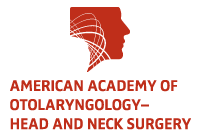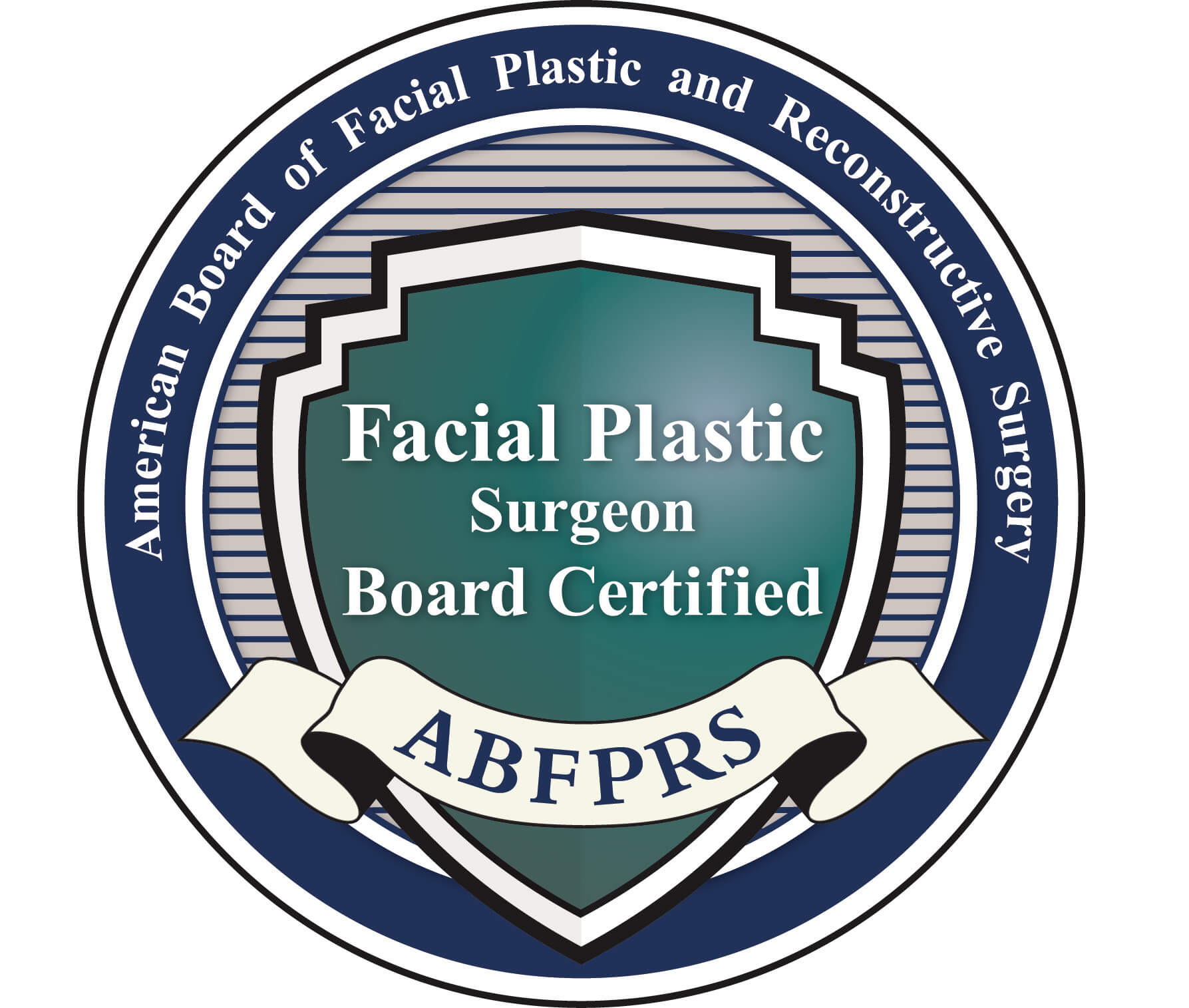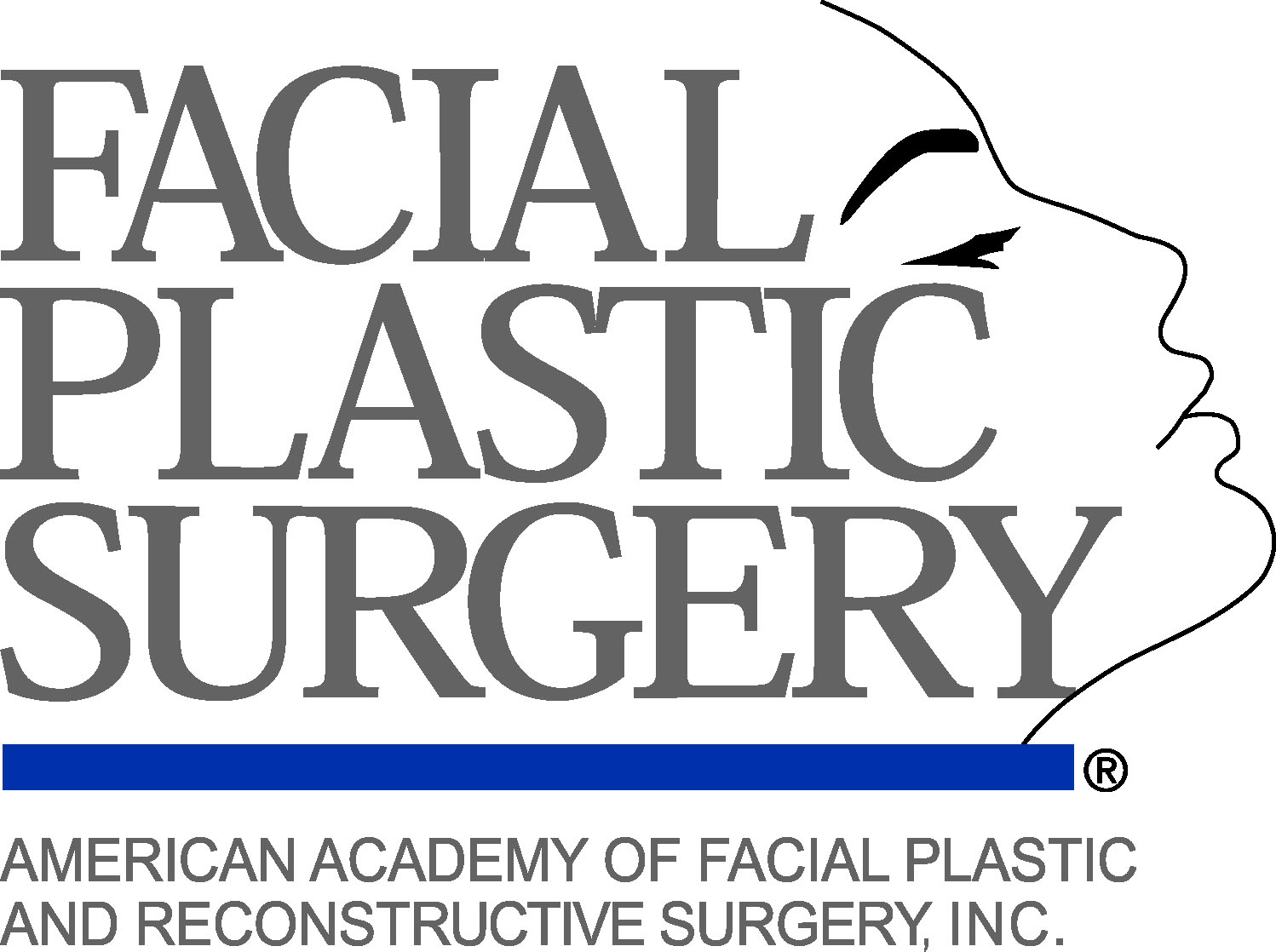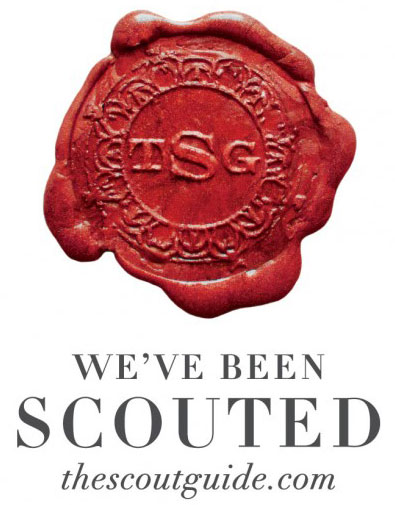What to expect
You will go home with a cast and drip pad on your nose. It is very typical to have some bloodtinged(pinkish/reddish) drainage for the first few days. There shouldn’t be any profuse bleeding, though. The first day after surgery the pad may need to be changed a dozen or so times. If there is any profuse bright red bleeding from the nostrils when you get home, you can spray Afrin on a cotton ball and place the soaked cotton ball inside your nose for several minutes. Avoid swallowing the drainage as it may cause you to become nauseous. Be very still the first couple of days and follow all of the restrictions. The drip pad can be removed after nasal drainage has subsided.Swelling will peak at 2 days. The swelling and bruising will evolve over the next week but will have greatly subsided by 2 weeks. Remember that all of this subsides with time and has no bearing on results. Swelling and bruising around the eyes is variable and temporary.
The discomfort should be managed well with the pain and anxiety medicine provided. Often the most common complaint is not pain but rather that the nose is congested which affects sleep. This can be made better with a humidifier and Afrin nasal decongestant. Afrin can be used before bedtime for the first three nights only (2 puffs to both nasal cavities). You should use a humidifier when you sleep for the first two weeks to also help with the nasal congestion. We would like for you to sleep upright on your back and avoid turning on your side so that there is no inadvertent trauma during sleeping. Some people use a recliner; others use multiple pillows in bed.
You can shower the day after surgery. Be careful to keep the cast clean and dry. An easy way to accomplish this is by covering your cast with plastic wrap taped to the forehead.
Clean your incision(s) on the base of your nose and inside the nostril rim once daily with peroxide. Apply antibiotic ointment with a q tip lightly to the inside of the nostril rim and along the sutures lines every morning and before bed. Use saline rinses (2 puffs to bilateral nasal cavities) every 3-4 hours while you are awake to help clean and promote healing.
The sutures will be removed after 4-5 days and the cast after 7-8 days. You will receive a card noting your appointment times upon discharge from the surgery center. After cast removal, tape will be applied. The nose will be rather swollen and upturned once the cast is removed. The taping helps reduce swelling and promote healing. The tape should be worn continuously until the second week after surgery. The third and fourth week you will tape your own nose before you sleep. We will show you how to tape the nose appropriately. If the bones of the nose were broken, we will teach you exercises to be performed 15-20 times daily and held for 30 seconds each time. These exercises will be done until six weeks after the surgery at which time the nasal bones have likely healed into place. Remember that the nose will likely look better than prior to the operation by 3 weeks, but it takes a year or more to see the final results. Be patient and follow up diligently.
Restrictions
- sneeze with your mouth open and no nose blowing for the first two weeks after surgery
- no excessive bending over or stooping
- the above make pressure build in the nose which can cause nose bleeds and worsen swelling
- no lifting greater than 15 lbs for the first two weeks. Strenuous exercise can be resumed after 5-6 weeks. Light contact sports at 8 weeks once the nasal bones have healed into place.
- if a cast is in place on the nose, it is ok to wear the glasses; once the cast is removed, the underlying nasal bones are no longer protected so we ask that you either refrain from glasses for 6 weeks or tape them to your forehead
- avoid small children and dogs for the first two weeks. They can inadvertently forcefully bump your nose. It is inevitable that you will hit your nose, but we want to keep this to a minimum
- avoid the sun completely while bruising is present. You should further protect yourself and minimize exposure for the next six months after surgery
- keep the cast dry
- no nicotine or tobacco for two weeks afterwards
- no medicines, etc. that can promote swelling or bleeding for two weeks afterwards
Printable PDF








